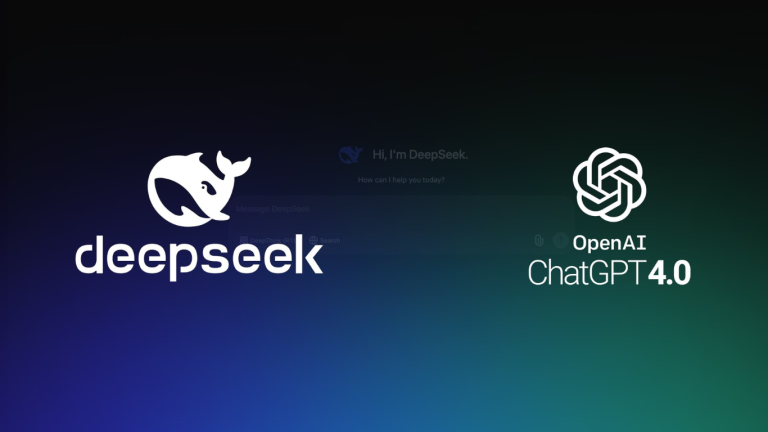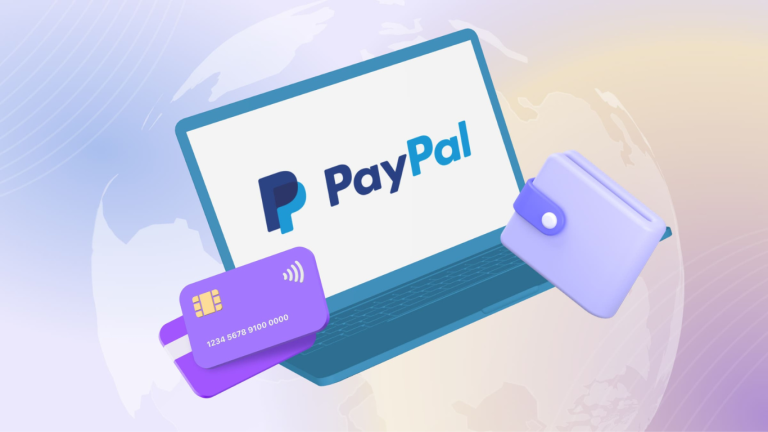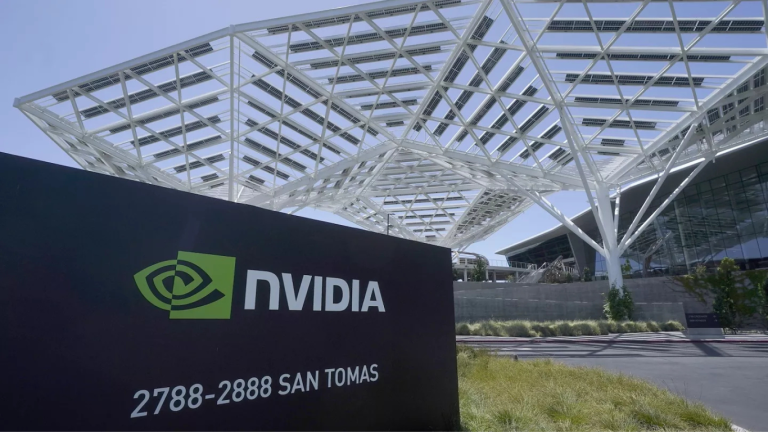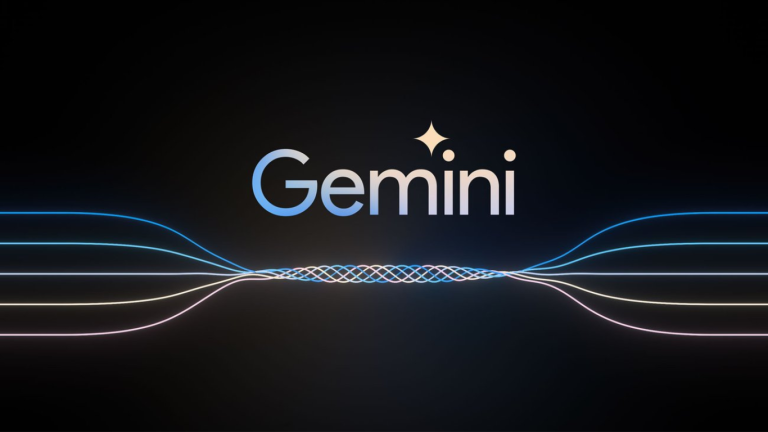
Navigating Global Compliance: Turning Regulatory Challenges into Competitive Advantages
In 2023, the European Union imposed a record €4.3 billion in GDPR fines, underscoring the growing stakes of regulatory compliance. Businesses are facing an unprecedented array of global regulations, from data privacy laws like GDPR and CCPA to environmental mandates such as the EU Green Deal. While compliance may seem like a burden, companies that proactively adapt to these regulations can gain
a significant competitive edge in their industries.
The Changing Landscape of Global Compliance
- The Proliferation of Complex Regulations
The global regulatory environment is evolving at a breakneck pace. With cross-border operations becoming the norm, businesses must navigate varying requirements across jurisdictions.
Insight: A 2022 survey by Deloitte revealed that 78% of multinational corporations identified regulatory complexity as their top compliance challenge.
- Shifting Focus to ESG Standards
Environmental, Social, and Governance (ESG) metrics are rapidly becoming a cornerstone of compliance efforts. Investors and consumers increasingly demand accountability, driving businesses to integrate sustainability into their compliance frameworks.
Example: Companies that meet stringent ESG standards are not only reducing risks but also attracting investment, as demonstrated by the growth of ESG-focused funds.
Turning Compliance into a Strategic Advantage
- Build Resilient Governance Structures
A robust compliance framework is essential for navigating global regulations. By centralizing governance structures and implementing integrated risk management systems, businesses can preemptively address regulatory changes.
Practical Advice: Develop cross-functional compliance teams to monitor regulatory updates and conduct regular risk assessments.
- Leverage Technology for Compliance Automation
Advanced technologies like artificial intelligence (AI) and blockchain are transforming the compliance landscape. From automating audit trails to enhancing supply chain transparency, technology reduces costs while improving accuracy.
Framework for Action:
Identify Gaps: Conduct a technology readiness assessment for compliance functions.
Adopt Solutions: Implement AI-driven compliance tools or blockchain for secure data tracking.
- Shift Compliance from Reactive to Proactive
Rather than scrambling to meet regulatory deadlines, forward-thinking companies treat compliance as an integral part of their strategy. This includes aligning compliance goals with broader business objectives, such as customer trust and market differentiation.
Case Study: Apple’s privacy-focused marketing campaigns exemplify how compliance can be a unique selling proposition.
Balancing Costs and Opportunities
While compliance investments can be substantial, the long-term benefits often outweigh the costs. Businesses that adapt quickly to new regulations gain first-mover advantages, strengthen stakeholder relationships, and avoid hefty fines.
Compliance is no longer a cost center—it’s a strategic enabler. By adopting proactive measures, leveraging technology, and integrating ESG considerations, companies can transform regulatory challenges into competitive advantages.
Partner with IBIACO: As global compliance continues to evolve, IBIACO offers tailored solutions to help businesses navigate complexities and seize opportunities. Reach out today to future-proof your compliance strategy and drive sustainable growth.

_medium.png)


















